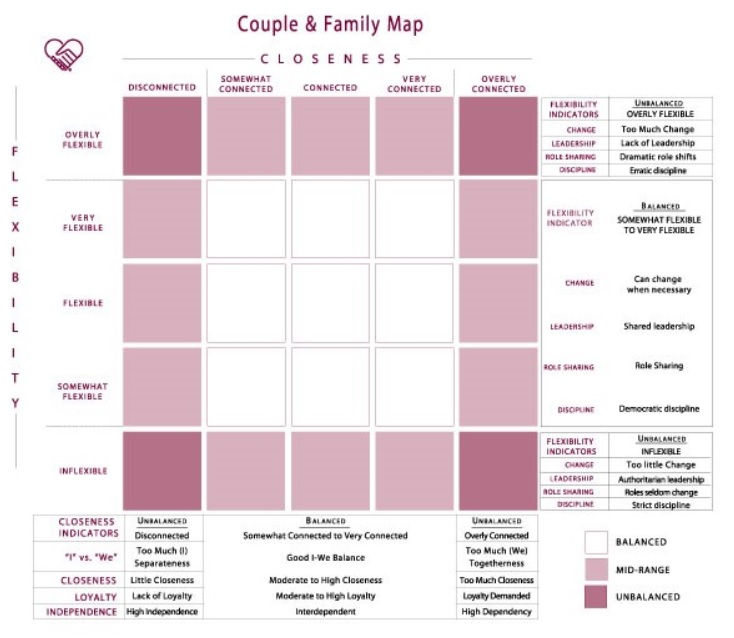Grief and Loss
- rogerlinpsyd
- Dec 14, 2022
- 4 min read
We have all lost things in our lives. No matter how hard we try to avoid it, we will experience grief and loss. We live in a current society that does not allow much room to grieve our losses. Grief is a natural reaction to loss. Consider some of these ways we can grieve and heal from experiences of loss.
1. Types of Grief
a. Normal Grief: When someone close to us passes away, it takes about 1-2 years to work through the grief of that loss, for those feelings to dissipate, and to begin healing from it. Grief consists of pain, sorrow, sadness, mourning, longing for the deceased, and preoccupation with the circumstances of their death. b. Anticipatory Grief: When someone is facing imminent death, they may experience grief even though the loss has not occurred yet. c. Complicated Grief: For some, their grief is intensified by disbelief of the death, anger over the loss, preoccupation with the loss, and intrusive thoughts related to the loss. d. Traumatic Grief: An unexpected loss from a sudden illness, homicide, suicide, or accident is traumatic. Experiencing traumatic grief is similar to PTSD, where you continue to re-experience that trauma, are hyper-vigilant, on edge, anxious, and fearful.
e. Prolonged Grief: This chronic form of grief is when you continue to feel symptoms of grief, years after the loss occurred.
2. Stages of Grief (Kubler-Ross)
a. Denial: Avoidance, confusion, elation, shock, fear.
b. Anger: Frustration, irritation, anxiety.
c. Bargaining: Struggling to find meaning, reaching out to others, telling one's story.
d. Depression: Overwhelmed, helplessness, hostility, flight.
e. Acceptance: Exploring options, new plan in place, moving on.
3. Social support
When you are experiencing grief from a loss, identify people in your life that you can reach out to. Be intentional with building your social support. Identify people you trust and ask them for specific way that they can support you. Communicate your requests, so they can understand how to best support you. If they are unable to provide what you are asking for, you can ask someone else to fill that need.
Ways to be supported in times of grief by your social support system:
a. Presence: Ask a friend to be with you. Ask them to simply listen and not give advice.
b. Logistical support: For some, they will have responsibilities for logistical tasks to take care of from their loss. This can include: Making funeral and burial arrangements, executing the will/estate, financial issues to resolve. Ask a friend if they are willing to help with these legal, financial, and logistical tasks.
c. Daily tasks: Ask a group of friends to help coordinate meals, groceries, run errands, and help with coordinating childcare, and household chores.
d. Distraction: Ask a friend to talk with you about something else.
e. Words of encouragement: Ask a friend to be a source of positivity and affirmation.
f. Spiritual guidance: Ask a friend to engage with spiritual wisdom.
g. Emotional support: Ask a friend to help you name what you a feeling, to empathize, and express your emotions.
4. Books, journaling, and workbooks Grief literature can give you activities, exercises, and tasks to help you grieve. Reading will help you understand what you are experiencing and how to move through it. Journaling with a grief workbook will provide prompts that help you acknowledge and process your grief, pain, and suffering of each stage of grief. Grief books, journals, and workbooks can be purchased from a bookstore or downloaded/printed online.
4. Grief support group
It is helpful to connect with others who are experiencing grief from loss so you can support one another. Online grief support groups are accessible and for many people, a helpful resource to help them grieve.
5. Reflect
Reflecting when you experience grief is taking time to allow your thoughts and feelings to be acknowledged and understood. Reflect on your experience of the loss and how you are feeling and thinking about the loss. All you need is a place to sit or go for a walk to reflect.
6. Rituals
Establishing rituals where you speak out loud or remember them in your thoughts throughout the day, can help you keep a connection to your loved one who has died and help you cope with the loss. This may be a morning or good night, mealtime, or leaving the house or returning home rituals.
7. Honoring and remembering
Have a physical object to honor and remember the person who has died. This can be pictures, a bench, a rock, a plaque, artwork, or personal belongings, anything that helps you honor their life.
8. Creative expression
Creative expressions of grief can help release emotions in a powerful way. Make jewelry, take photographs, sing, dance, pottery, paint, draw, make a piece of furniture, write song lyrics, a poem, or a story, that expresses your thoughts and feelings about the person you loss. You can write a letter to the person or a letter telling about the person you loss.
9. Time
All of these steps take time. Many of us have such busy lives that we do not have the time to grieve. Consider taking a break from work to grieve. Unfortunately, many people do not have bereavement benefits to properly pay their respects to and have time to grief. Be all the more intentional then, to carve out the time to grieve.
10. Coping
We will still have memories of the loss. Our memories are good at remembering so that we will not forget. Develop productive coping strategies to work through your thoughts and feelings when these memories come up.

Comments